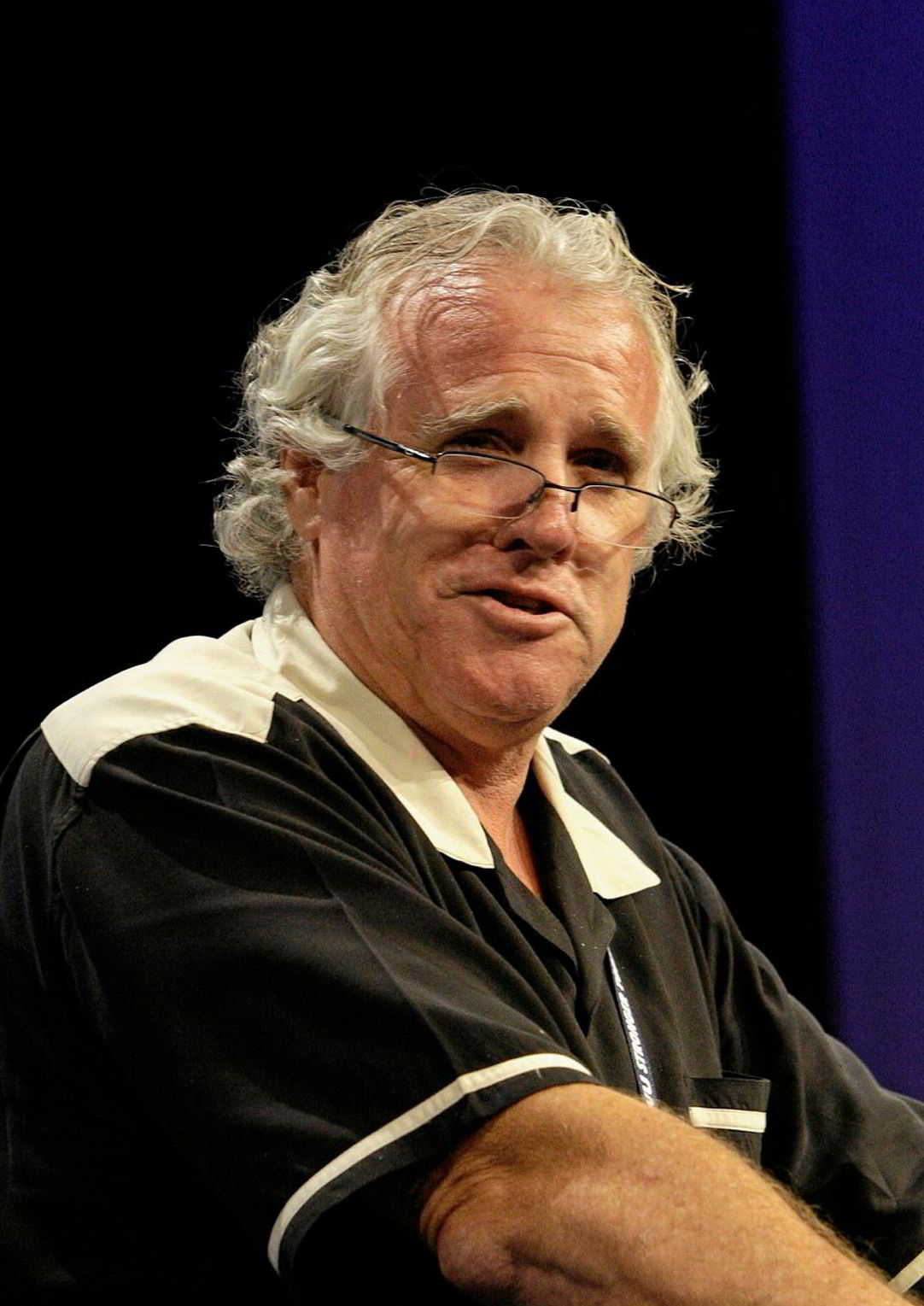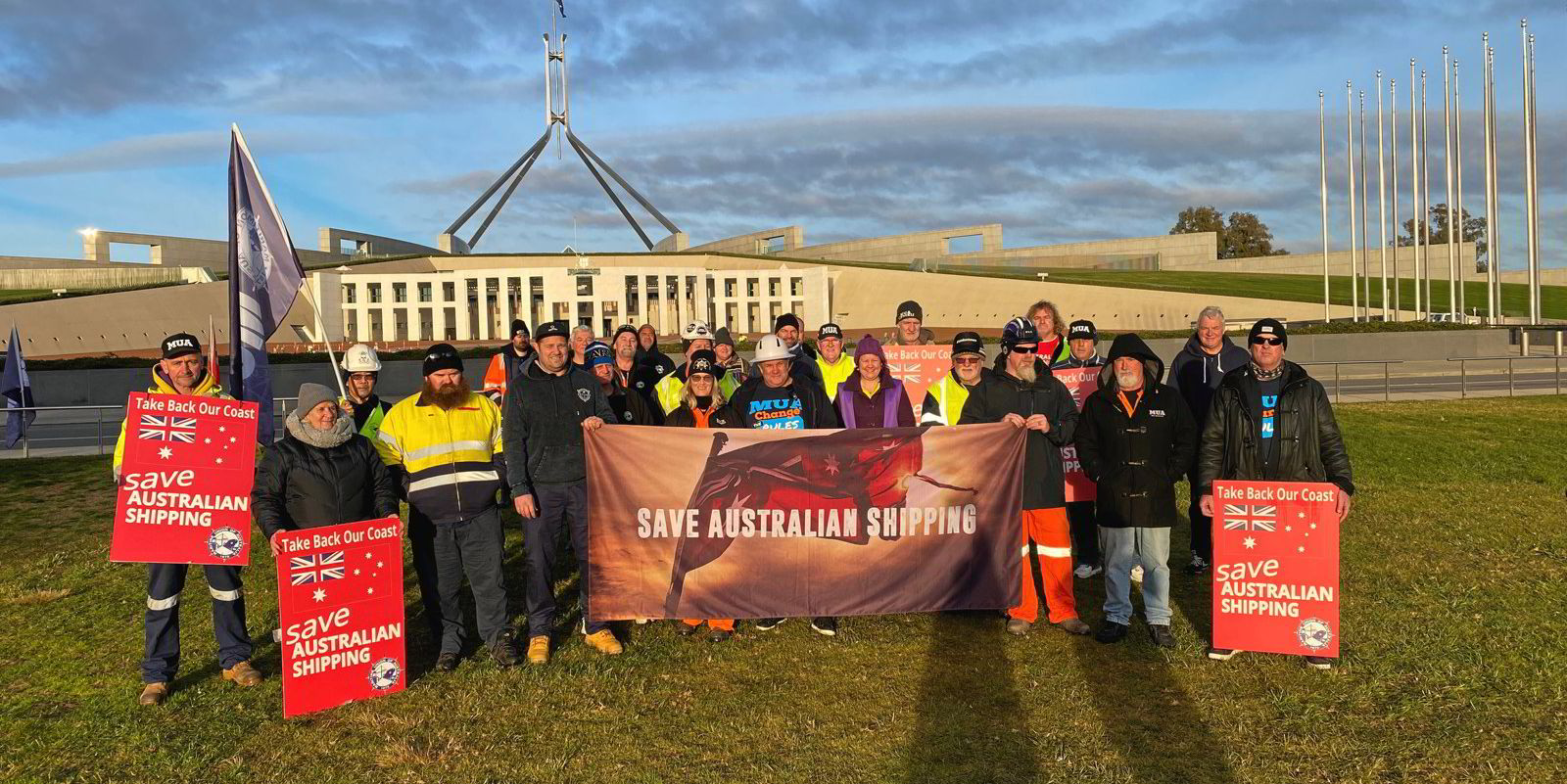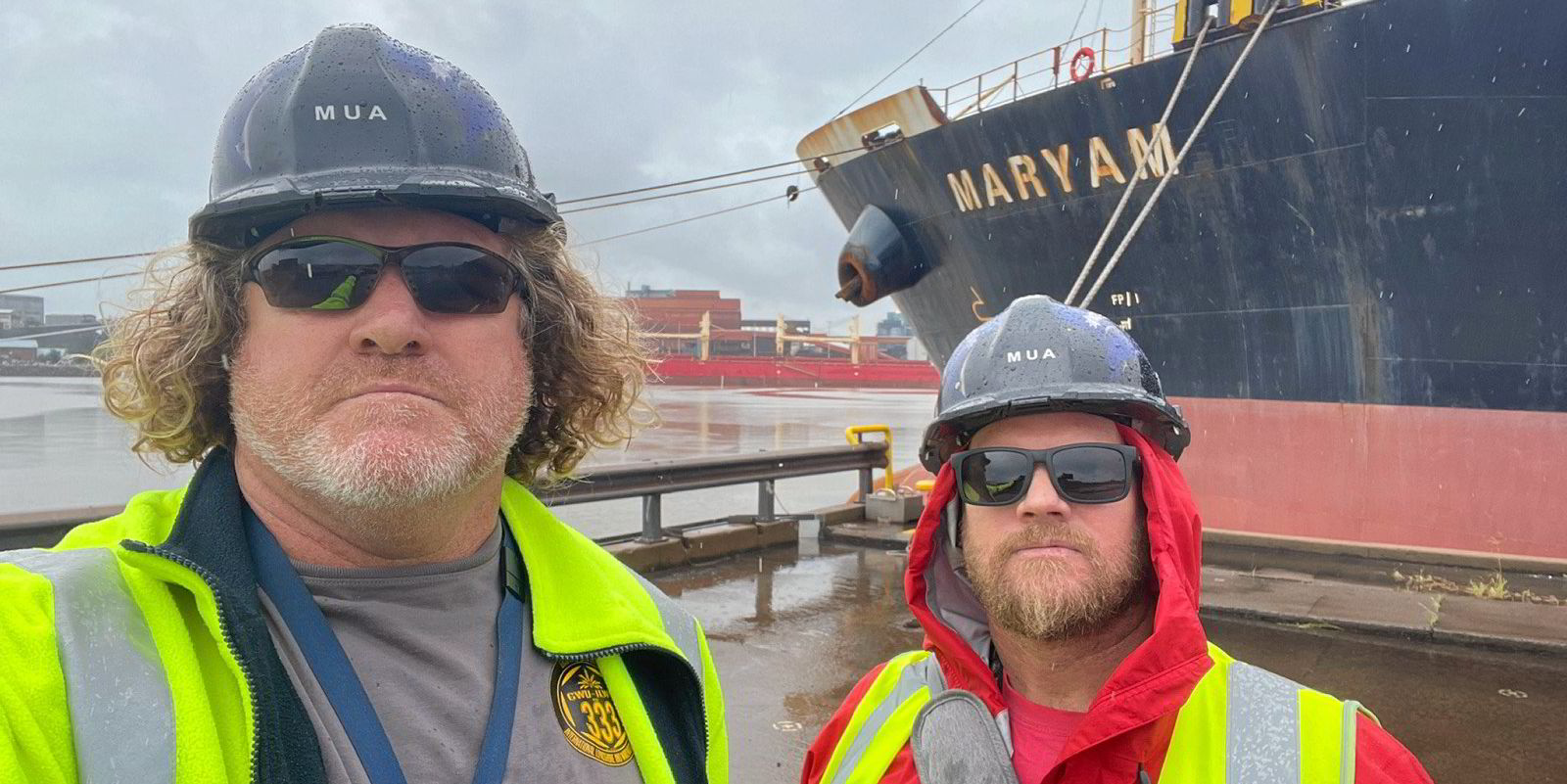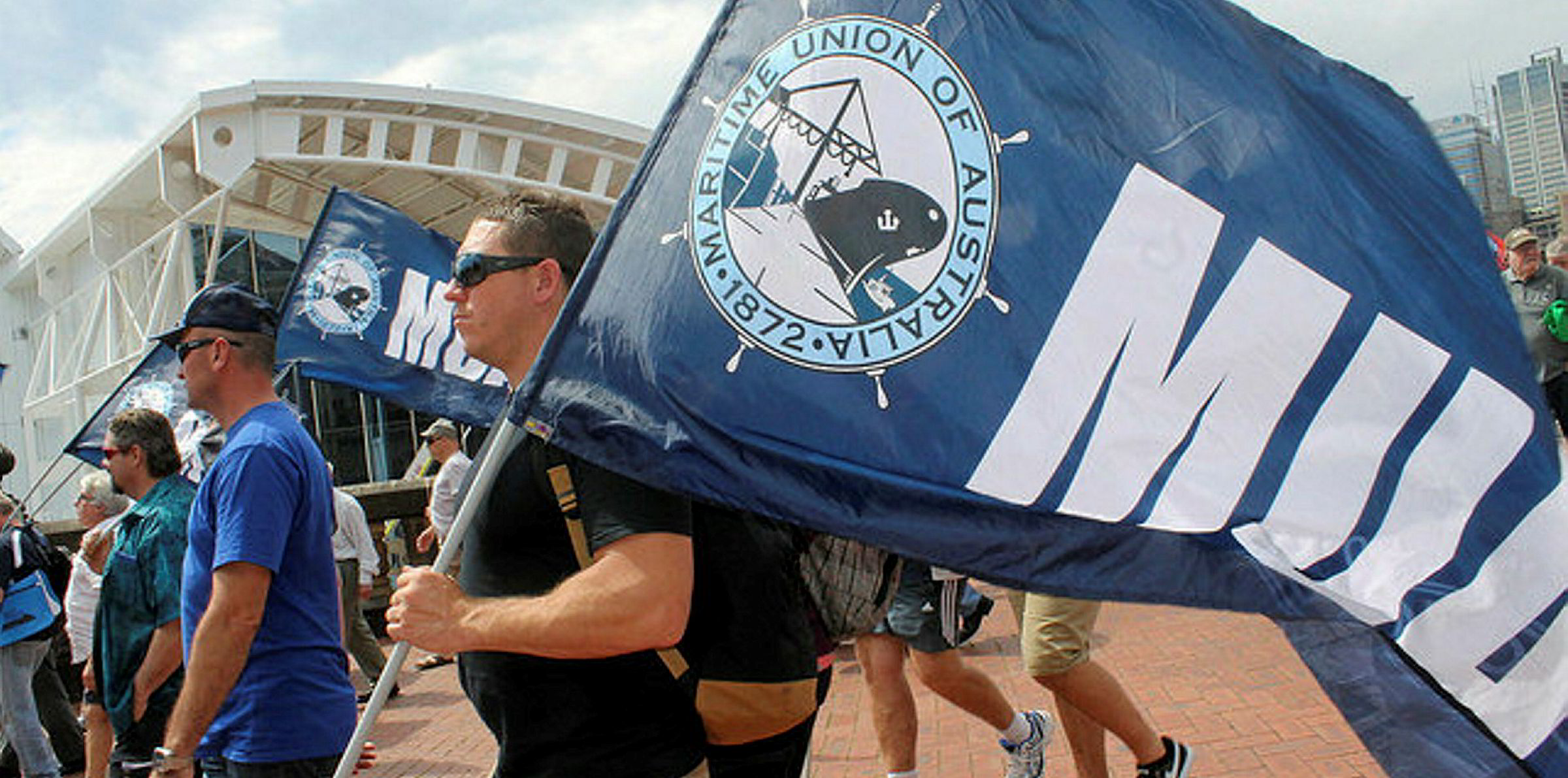Australian maritime workers staged a rally outside the country's parliament in Canberra on Tuesday to protest at what they claimed was the loss of more than 500 jobs due to government indifference.
A crowd of 150 demanded urgent action from Prime Minister Scott Morrison's government to address the decline of the nation’s shipping industry, including investment in a strategic fleet of Australian-flagged and crewed vessels to move essential goods around its coast.
The Maritime Union of Australia (MUA), which organised the rally, claimed that Australian seafarers have lost their jobs because their government has presided over the decline of the country’s shipping industry by allowing foreign-flagged ships to operate in coastal trades.
MUA national secretary Paddy Crumlin said at the rally that shipping was an essential industry that was the backbone of the Australian economy, but the government “was making a choice to allow Australian seafarers to be replaced with exploited foreign workers”.
“The Morrison government hasn’t just stood by and watched the decline of Australian shipping, they have actively approved the replacement of Australian ships with foreign-flag vessels crewed by exploited workers paid as little as $2 per hour,” Crumlin said.

“Many of these vessels work exclusively on the Australian coast, moving cargoes between Australian ports, yet the federal government issues them temporary licences that allow them to avoid local wages and conditions.”
The MUA claims the Australian fleet had shrunk by more than half since 2013, leaving only 12 Australian-flagged and crewed cargoships still operating.
The union has long claimed that shippers were purposely taking advantage of the loophole in cabotage laws that allows for temporary permits issued to foreign vessels if no suitable Australian-flagged ship was available.
One case highlighted was Alcoa Corp’s 2016 decision to withdraw the Australian-flagged 36,600-dwt bulker Portland (built 1988), which ferried alumina along the Australian coast. Alcoa has since used foreign-flagged bulkers operating with temporary permits and has no plans to replace the Portland with another Australian-flagged ship.
“The crew of the Portland saw this policy first-hand, finding out from media reports that they were losing their job, with the ship to be replaced by a foreign vessel,” Crumlin said.
“When they attempted to defend Australian jobs by refusing to take the Portland on its final voyage to Singapore, they were dragged from their bunks in the dead of night by security guards and replaced by a foreign crew.”
Crumlin said the MUA’s campaign was not just about getting jobs for Australian seafarers, it was about the importance of a strong shipping industry to the economic success of an island nation.
“The importance of fixing this broken system has been highlighted by Covid-19, with international shipowners using the crisis to gouge freight rates, seriously impacting Australian businesses," Crumlin said.
“As an island nation, we need to be reliant on ourselves, which means having a strategic fleet that can ensure our fuel security and keep essential goods supplied during a conflict, economic crisis, or pandemic,” Crumlin added, while accusing the government of allowing the demise of Australian shipping for purely ideological reasons.





